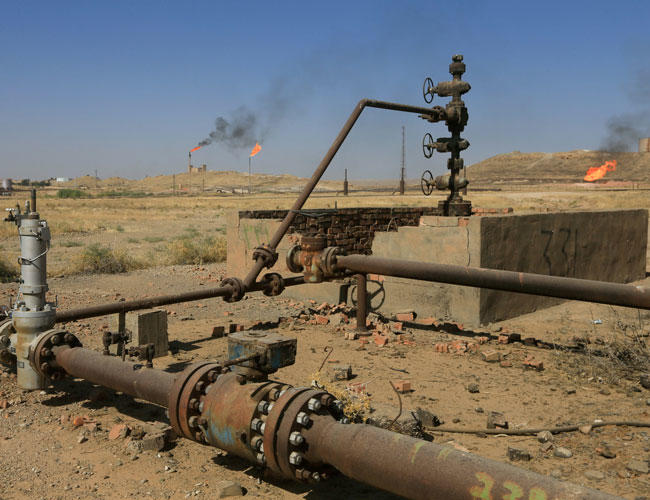“The decision to restart exports depends on the results of the talks,” Luaibi was quoted by al-Sabah as saying.
Production from Iraq’s Kirkuk oilfields is currently at 220,000 barrels per day, which is entirely diverted to local refineries, Luaibi said.
Exports from Kirkuk’s oilfields were halted after an Iraq military offensive to retake the disputed territories which had come under Kurdish control in 2014.
The offensive was a response to the independence referendum held on Sept. 25 by the semi-autonomous Kurdistan Regional Government (KRG), which Baghdad opposed.
Kirkuk oil exports had been transported by a Kurdish-operated pipeline that connects to the twin Kirkuk-Ceyhan pipeline' href='/search/Kirkuk-Ceyhan pipeline'>Kirkuk-Ceyhan pipeline at Khabur on the border with Turkey.
Late last year, Iraq began diverting output from Kirkuk oilfields to local refineries to boost fuel production and help free up more oil for exports from southern oilfields.
Iraq also agreed last year to ship crude from Kirkuk to Iran for use in its refineries, after which Iran would deliver the same amount of oil to Iraq’s southern ports.
Iraq’s oil minister said last month Iraq and Iran had not yet begun exchanging crude oil, for technical reasons.
Kirkuk is one of the biggest and oldest oilfields in the Middle East, estimated to contain about 9 billion barrels of recoverable oil, according to BP.


